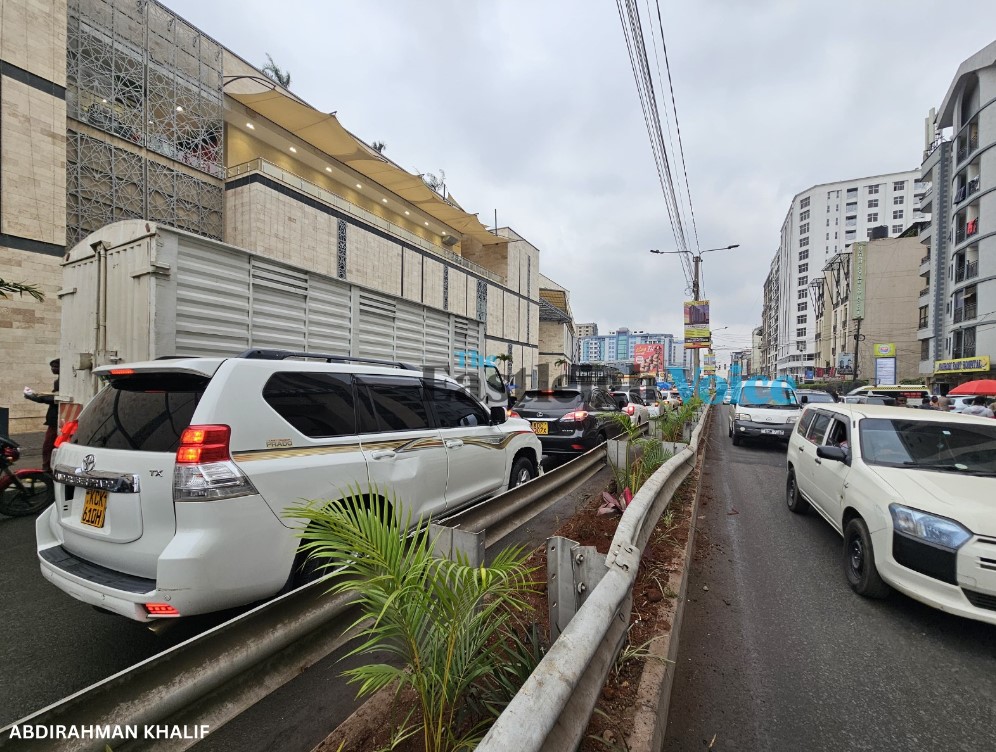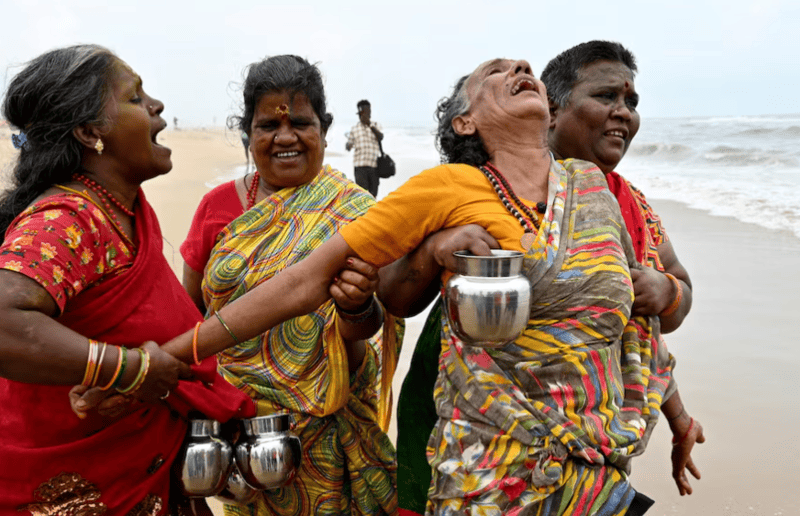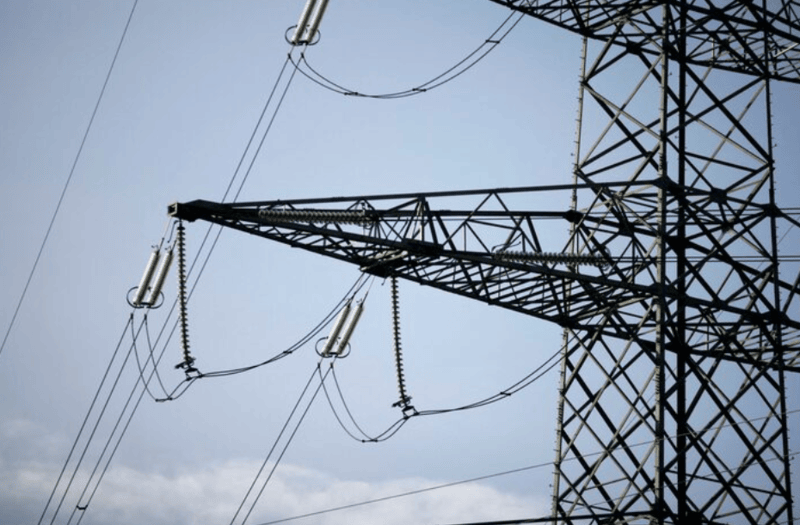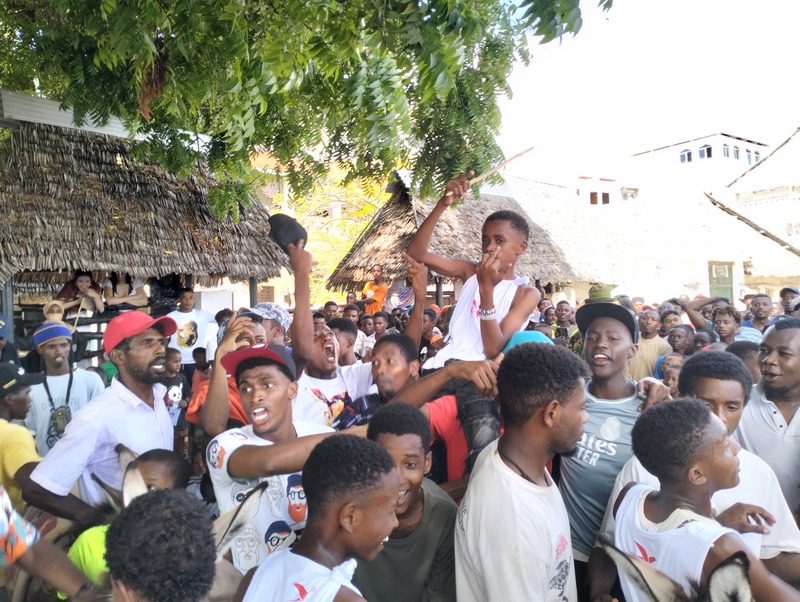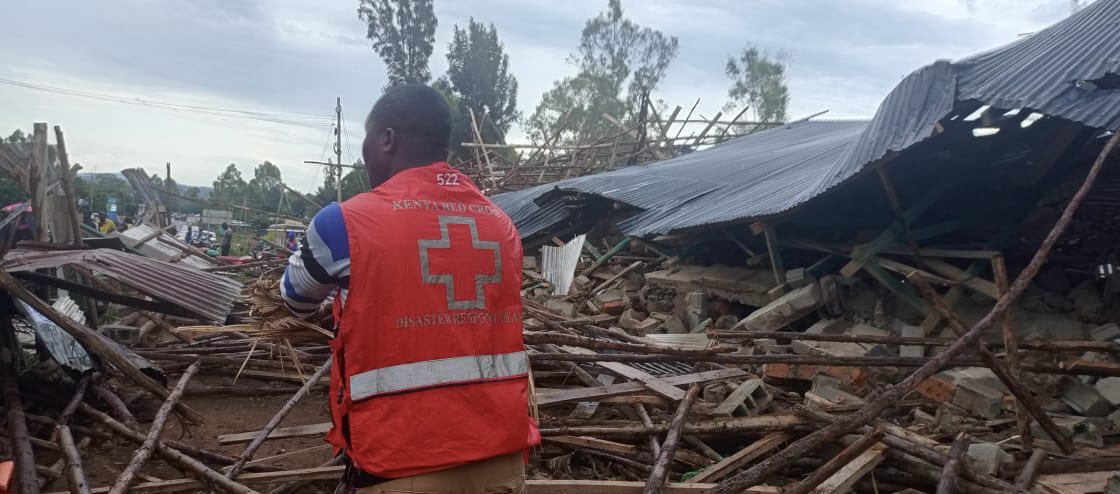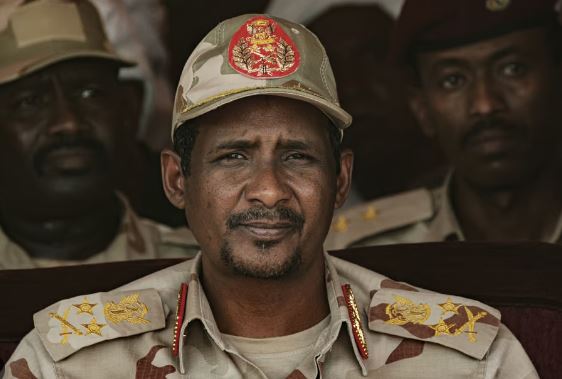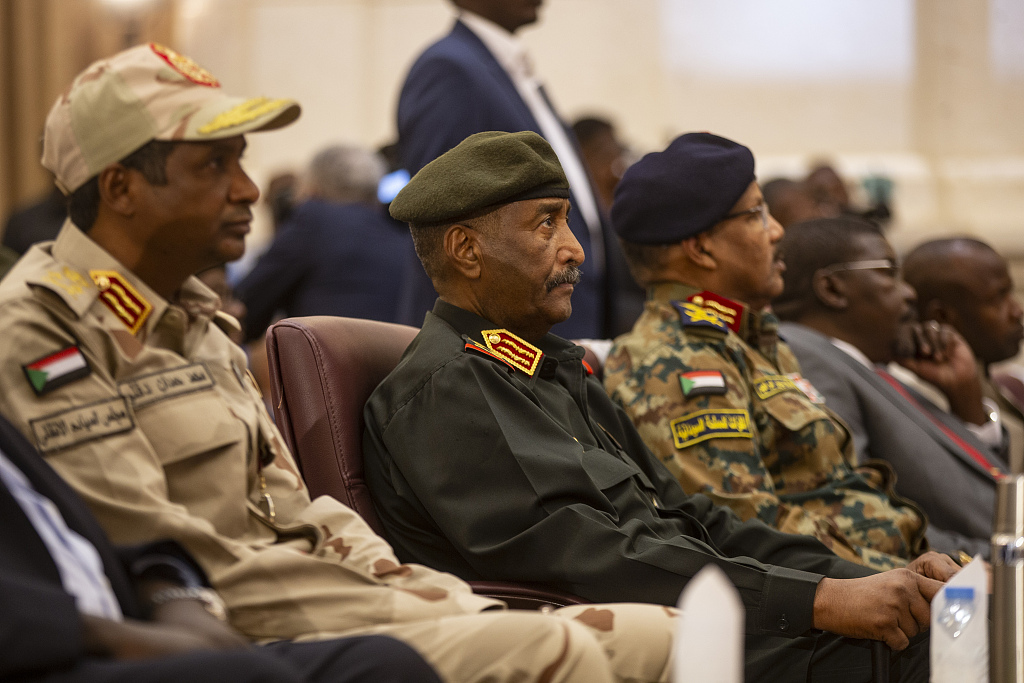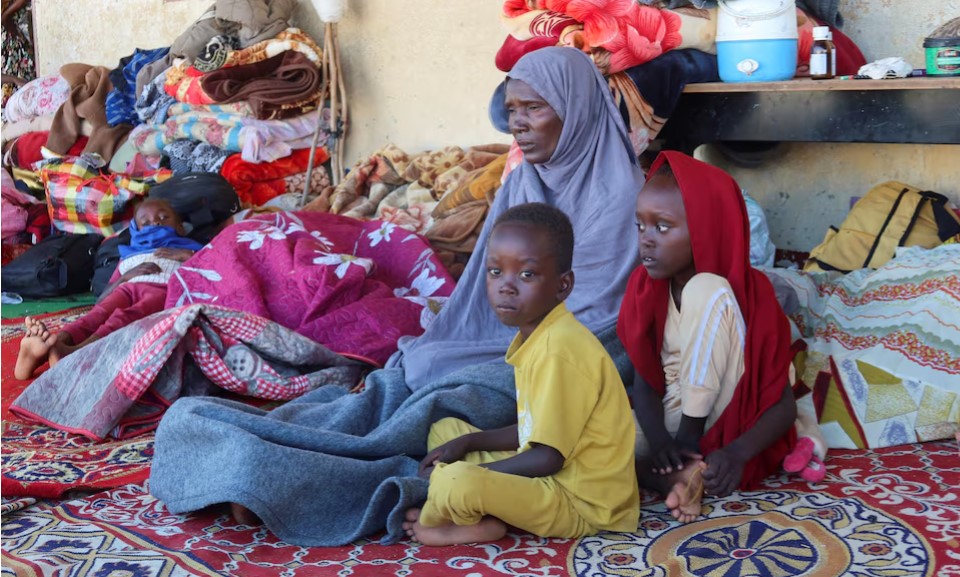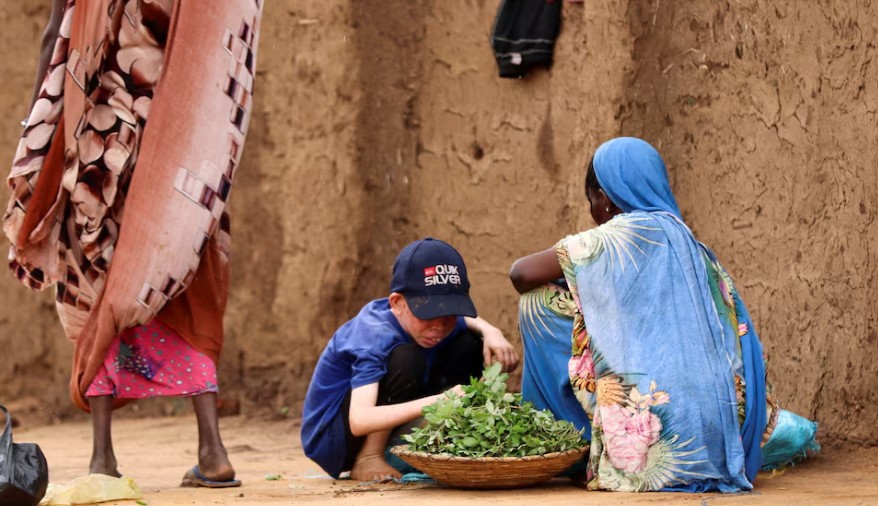G77+China summit begins in Uganda, Museveni takes over chairmanship
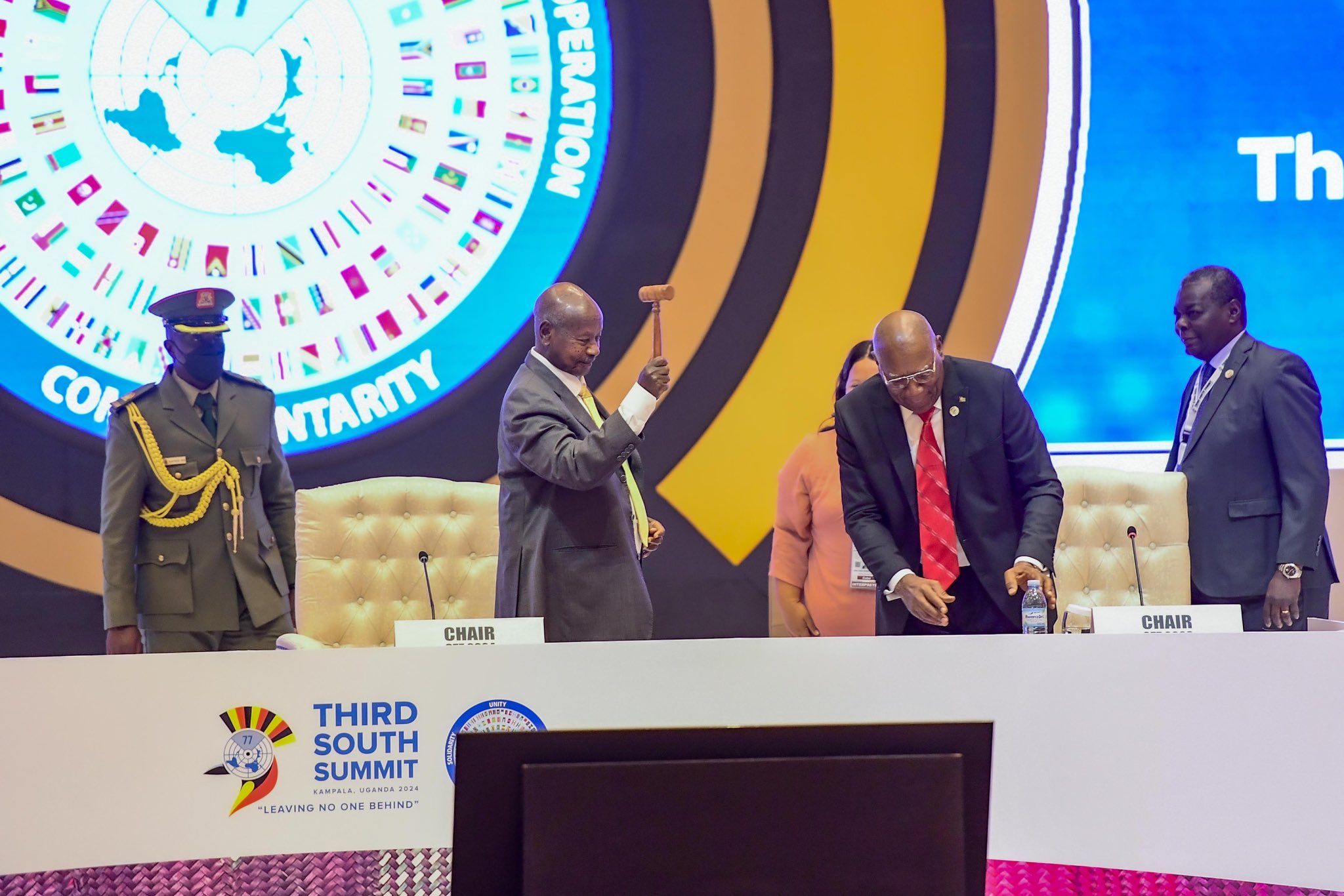
By Jill Namatsi |
The G77+China summit follows two others that also took place in Uganda - the 42nd ExtraOrdinary Session of the IGAD Assembly of Heads of State and Government and the Non-Aligned Movement (NAM) Summit.
The crucial Third South Summit of the Group of 77 and China began in Uganda on Sunday, with the country's President, Yoweri Museveni, taking over as chair. Uganda took over from Cuba, which was at the helm for a year.
As the meeting began, Museveni shared his pledges in a message on X, saying, "It is critical that the Group of 77 and China remain united in its pursuit of collective interests at the United Nations. In the intergovernmental processes at the United Nations, we must ensure that the priorities of the group are promoted and defended."
Keep reading
He added, "We shall strive to further promote: acceleration of the implementation of the 2030 Agenda; scaling up action to address climate change and biodiversity loss; strengthening international tax cooperation; financing for development; fighting against illicit financial flows; and strengthening digital cooperation, among others."
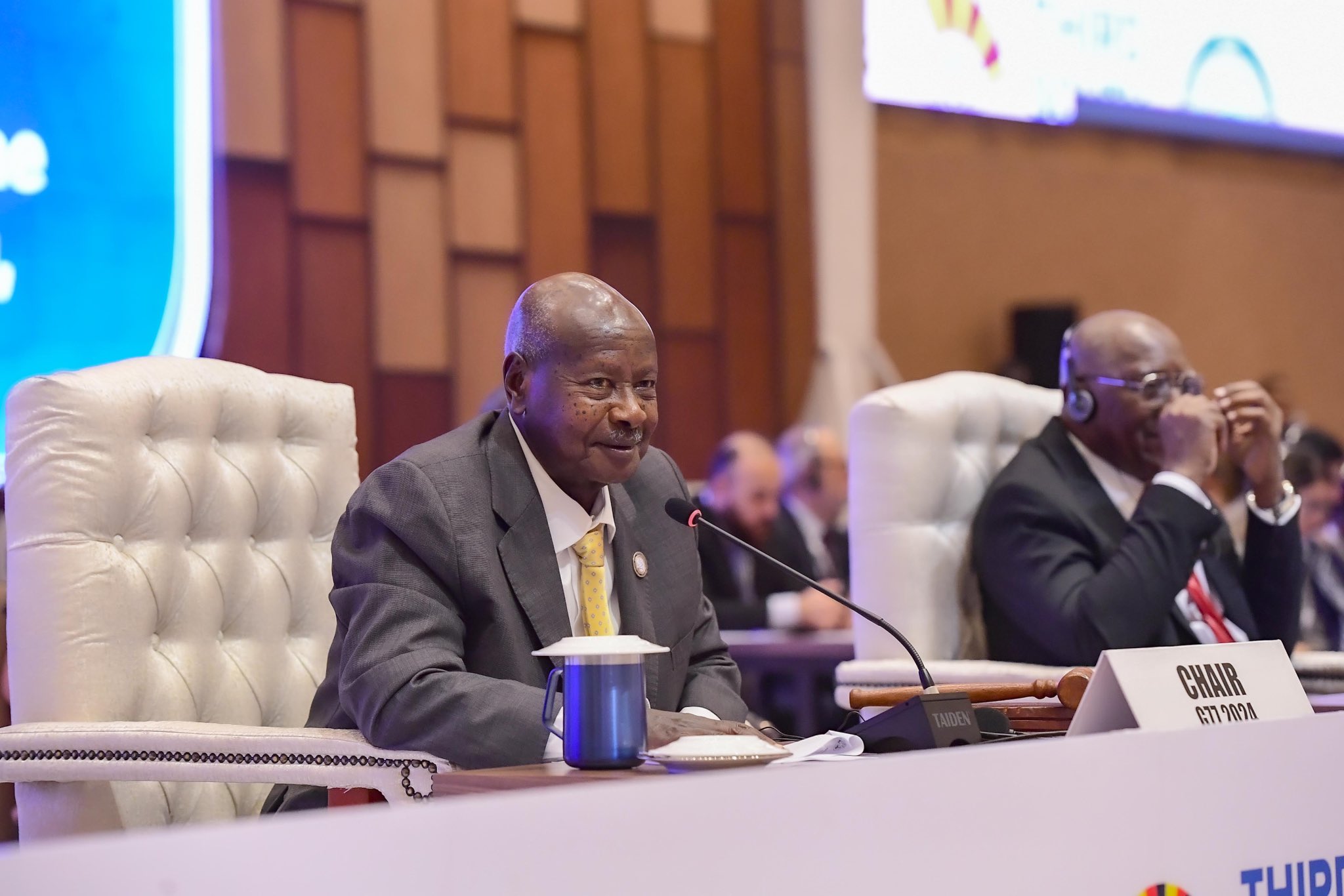 Ugandan President Yoweri Museveni at the Speke Resort in Munyonyo on January 21, 2024, when the G77+China summit began. (Photo: X/Yoweri Museveni)
Ugandan President Yoweri Museveni at the Speke Resort in Munyonyo on January 21, 2024, when the G77+China summit began. (Photo: X/Yoweri Museveni)
The Ugandan President thanked the 134 member countries for the leadership opportunity, even as they marked their 60th anniversary.
According to the Third South Summit's website, the G77 was set up on June 15, 1964, by 77 developing countries that were signatories of the Joint Declaration of the Seventy-Seven Developing Countries, which was issued at the conclusion of the first session of the United Nations Conference on Trade and Development (UNCTAD).
These 77 nations joined forces to promote their economic interests and strengthen their negotiating power in the UN system. China does not consider itself a member of the group but offers financial and political backing.
This third G77+China summit, taking place at Speke Resort in Munyonyo on January 21–22 under the theme "Leaving No One Behind", comes 18 years after the second one, which took place in Doha, Qatar, on June 12–16, 2005. The first one was held in Havana, Cuba, on April 10–14, 2000.
The summit follows two others that also took place in Uganda: the 42nd Extraordinary Session of the IGAD Assembly of Heads of State and Government and the Non-Aligned Movement (NAM) Summit.
They focused on regional cooperation and development as well as crucial global issues, including post-COVID-19 recovery strategies, international peace and multilateralism.
Regarding regional cooperation, leaders sought to address tensions between Ethiopia and Somalia, over the former's deal with Somaliland, to lease a 20-kilometre marine base for its navy and commercial use, in exchange for recognition and a stake in the national Ethiopian Airways.
Somalia was irked by what President Hassan Sheikh Mohamud termed "a clear violation of Somalia's sovereignty and a breach of international laws and morals."
The summits further addressed the war in Sudan that began on April 15, 2023, between the Sudanese Armed Forces (SAF) and the paramilitary Rapid Support Forces (RSF).
Also of concern was the impact of a conflict between Rwanda and the Democratic Republic of Congo, with Burundi joining in.
Both the DRC and Burundi accuse Rwanda of backing the M23 and Red Tabara rebels, who have wreaked havoc in those countries.
Rwanda has denied the allegations. Museveni has also taken over NAM's chairmanship, succeeding Azerbaijan President Ilham Aliyev.
Reader comments
Follow Us and Stay Connected!
We'd love for you to join our community and stay updated with our latest stories and updates. Follow us on our social media channels and be part of the conversation!
Let's stay connected and keep the dialogue going!



